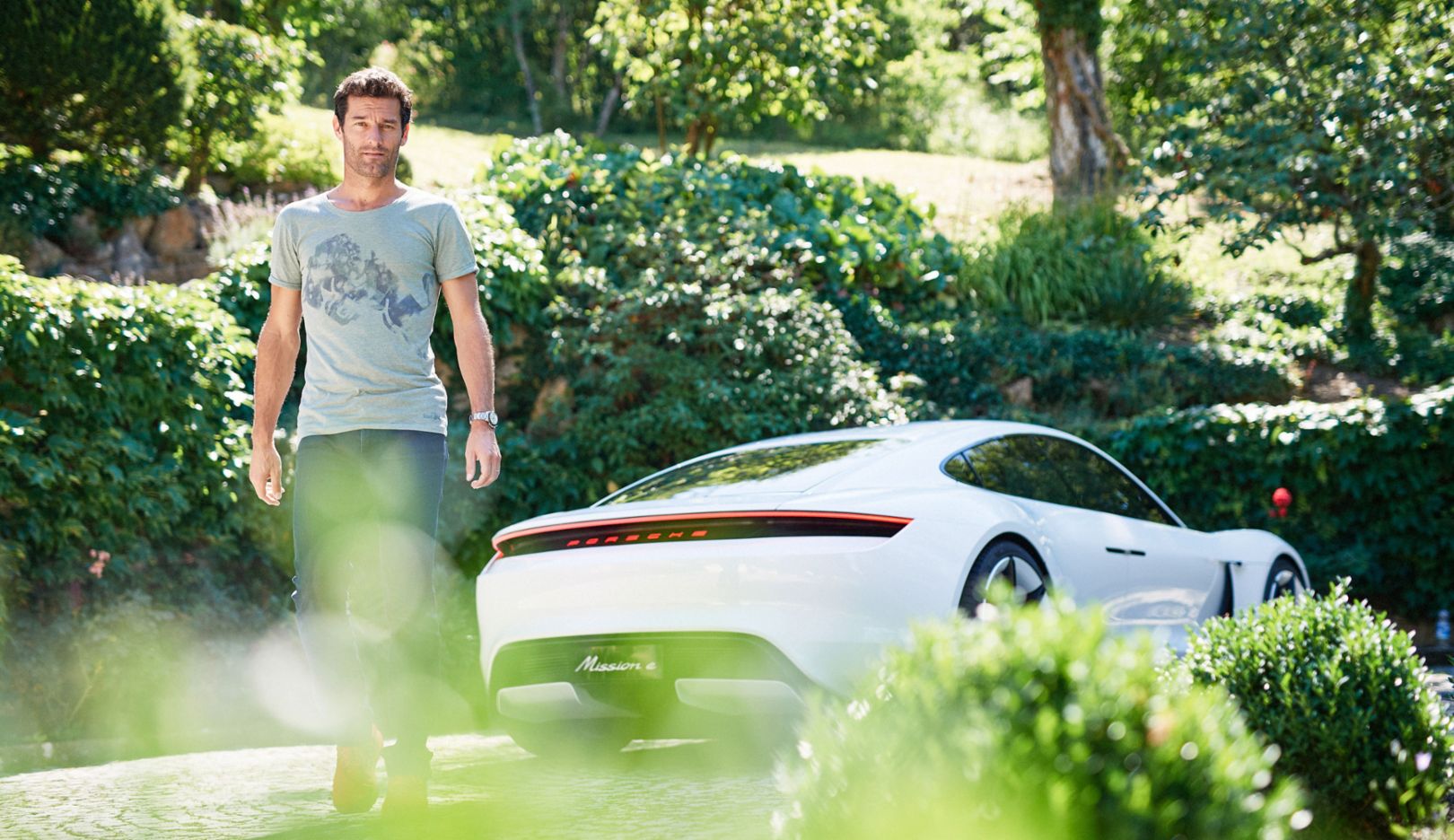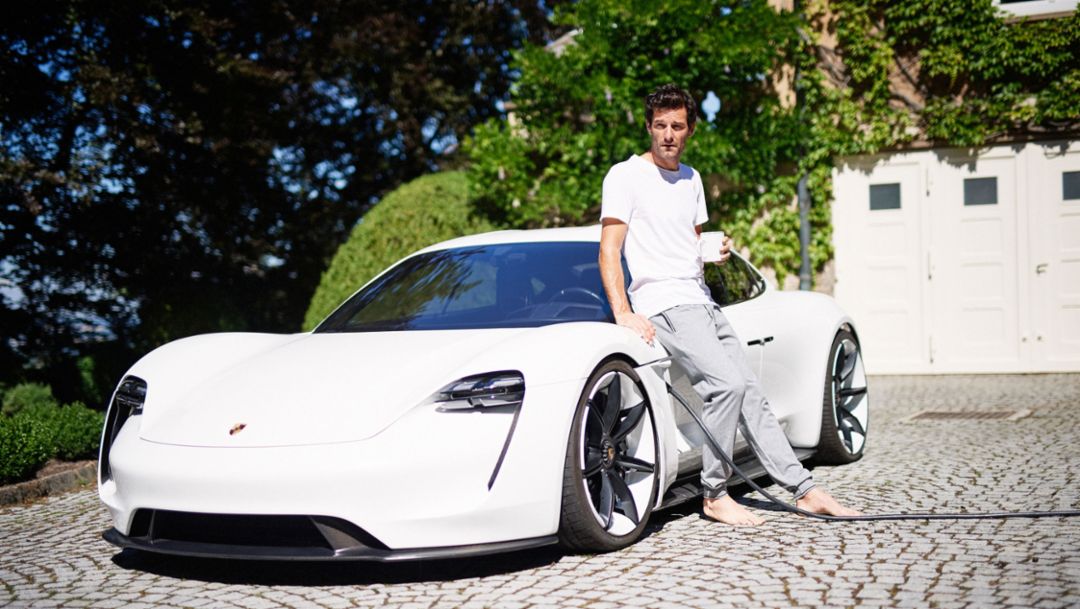Thomas Edison was a founder and inventor, but also a visionary. His name is synonymous with some truly epochal changes in the fields of electricity generation and distribution. His list of achievements includes the light bulb, the electricity meter, the rechargeable galvanic cell and many other creations. The electrification of New York – which was led by Edison– and the introduction of electric lighting are considered to be particular milestones in the process of industrialisation. And right back at the beginning of the 20th century, he even drove an electric car. Edison’s work can best be described as forward-thinking and technophilic.
Now, the Handelsblatt publishing house is releasing the new magazine “Edison”, featuring content that follows the vision of this great inventor. One focus area in its reports will be to present new products and services relating to mobility and the energy supply of the future. It will discuss and test new vehicles and energy solutions.
The first edition will be released in Germany on September 8 and the cover will feature Mark Webber and the Mission E. As the first purely electric Porsche, its “E-Performance” concept combines strong driving performance with a high degree of everyday usability. At the photoshoot, Mark Webber talks about the Porsche of the future and the relationship between motorsport and the development of new technologies. This video provides a taster:






